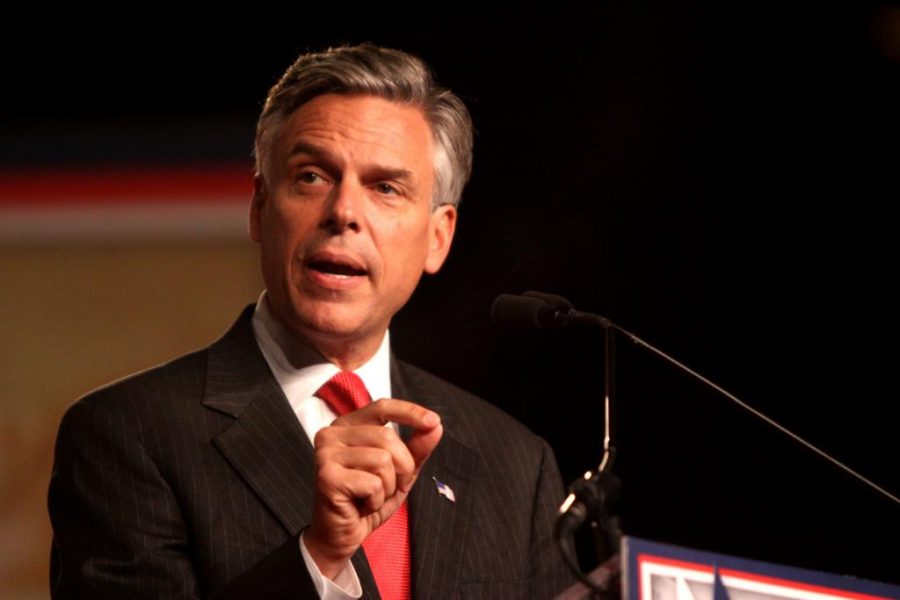Sitting at a table facing a room of inquisitors, Jon Huntsman Jr. looks the role of a diplomat, not quite relaxed, but obviously resolved. His answers to the members of the Senate Foreign Relations Committee are succinct and definite, each word throwing the gray areas which have defined the current administration’s relationship with Russia into sharp relief. When asked if Russia had meddled in the 2016 presidential election, Huntsman broke from the president to answer simply, “No question,” citing information collected by intelligence agencies to support his belief. As he left the confirmation hearing Tuesday, there seems to be little doubt that he will be confirmed unanimously as the U.S. Ambassador to Russia despite the controversy surrounding the position. Perhaps the appeal of his nomination is he, unlike many of those President Trump has selected to fill high-profile government positions, is qualified to serve in this capacity as he has previously been the U.S. Ambassador to China and Singapore. However, I believe his appeal is even more fundamental and lies in his unwillingness to pander to a President who reportedly demands absolute loyalty from those he works with. Huntsman, with his hardline ethics, will be no one’s servant but the American people’s.
“Frankly, I think he should be diagnosed with acute masochism,” said one of Huntsman’s former aides when hearing he would be accepting Trump’s nomination. While Huntsman acknowledged during his confirmation hearing the difficulty of the position he was accepting, he seemed to agree with his daughter Abby’s sentiments: “If not my dad, then who?” Patriotism aside, many see Huntsman’s actions as political suicide, holding a highly controversial position in the administration of one of the most unpopular American presidents, but putting his country before his personal agenda is one of Huntsman’s trademarks.
In 2009, Huntsman was a widely popular Republican Governor of Utah known for being fiscally conservative, but also leaning left on issues like immigration and gay marriage. Despite his affluent background, his constituents viewed him as relatable; maybe it was his motorcycle or the fact he played keyboard in band during high school. As his popularity grew, his fellow party members began throwing Huntsman’s name out when discussing the potential presidential candidates. Jon Huntsman, young and charismatic, was then President Obama’s Republican alter-ego and many of Obama’s advisors saw him as a real threat for the 2012 presidency. That May, President Obama nominated Jon Huntsman to be the U.S. Ambassador to China, an effort to effectively remove him from the 2012 ballot. When asked why he had accepted the ambassadorship, Huntsman replied, “I now know why they built the Oval Office, it’s an impossible room in which to say ‘no.'”
Jon Huntsman did join the 2012 presidential race but experienced little success. Some think his failed run could be blamed on being in China instead of the United States, believing he could have become a household name if he had remained in the United States. However, his campaign staff blames his aversion to pandering. He was unwilling to appease the far right wing of his party by denouncing his time in the Obama administration and instead held the then-president up as a ‘great leader.’ This stubbornness is unbecoming for an elected official, but a necessary trait in a statesman.
James Richard, Huntsman’s 2012 presidential campaign spokesman, wrote earlier this year, “Jon Huntsman is a lousy politician, but a great American.” In our current political climate, we are in dire need of men and women like Huntsman who are willing to put their country before their own personal or political interests. To my former Governor and to the future U.S. Ambassador to Russia, good luck and don’t you dare let us down.



